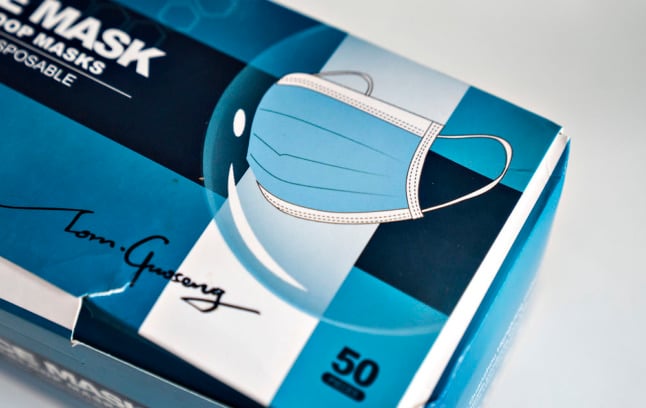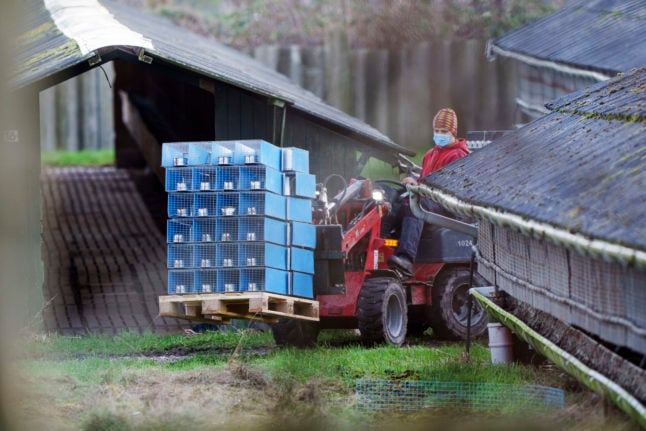The health authority issued a written statement on Thursday in which it signalled forthcoming changes to the rules.
“The Danish Health Authority is currently reviewing the recommendations for isolation in expectation of a change to the recommendations in the near future,” it wrote.
The health authority stated it will make an announcement of the changes “in the near future”.
Specific details of how guidelines will change were not given.
Under current guidelines, people who have tested positive for Covid-19 can leave isolation seven days after their positive test if they do not have symptoms.
If they have symptoms, they must wait until they have been symptom-free for 48 hours before leaving isolation.
The month from December 19th last year until Wednesday January 19th saw 617,913 cases of Covid-19 registered in Denmark. That corresponds to over 10 percent of the population.
In addition to the positive tests, many more people have been required to isolate due to being close contacts to the confirmed cases.
Business organisations and conservative political parties have called for isolation periods to be reduced due to the impact on companies of high staff absences caused by sickness and isolation.
People defined as close contacts to those who have tested positive must isolate under current rules.
Close contacts are people who live together or have spent a night under the same roof.
That represents a less stringent form of earlier rules, under which close contacts could also come from different households.
For example, children and staff in the same school class or kindergarten are now not considered close contacts but “other contacts” (øvrige kontakter), meaning they do not have to isolate but must be aware of possible Covid-19 symptoms and take a test on days one and four and after the potential contact.
In comments to news wire Ritzau, the Danish Chamber of Commerce (Dansk Erhverv) said that shortening the self-isolation period from seven to five days could cut Covid-related staff shortages at businesses by up to five percent.
A reduction of the isolation period to five days would be a reasonable amendment to guidelines, professor of infectious diseases at Aarhus University Eskild Petersen told Ritzau.
For children, the isolation could be shorter still, he also said.
“If (children) have been home from school for three days, have a negative test in the evening and again in the morning, then they can probably be sent to school just as employees can go out to work after four to five days in isolation and with a negative rapid (antigen) test,” Petersen said.
“It has been shown that you do not shed a particularly large amount of virus if you have a negative antigen test. It’s not a 100 percent guarantee of course, but it’s a good guarantee that you’re not infectious,” he said.
READ ALSO: Danish study concludes ’36 percent’ lower risk of Covid-19 hospitalisation with Omicron variant



 Please whitelist us to continue reading.
Please whitelist us to continue reading.
Member comments